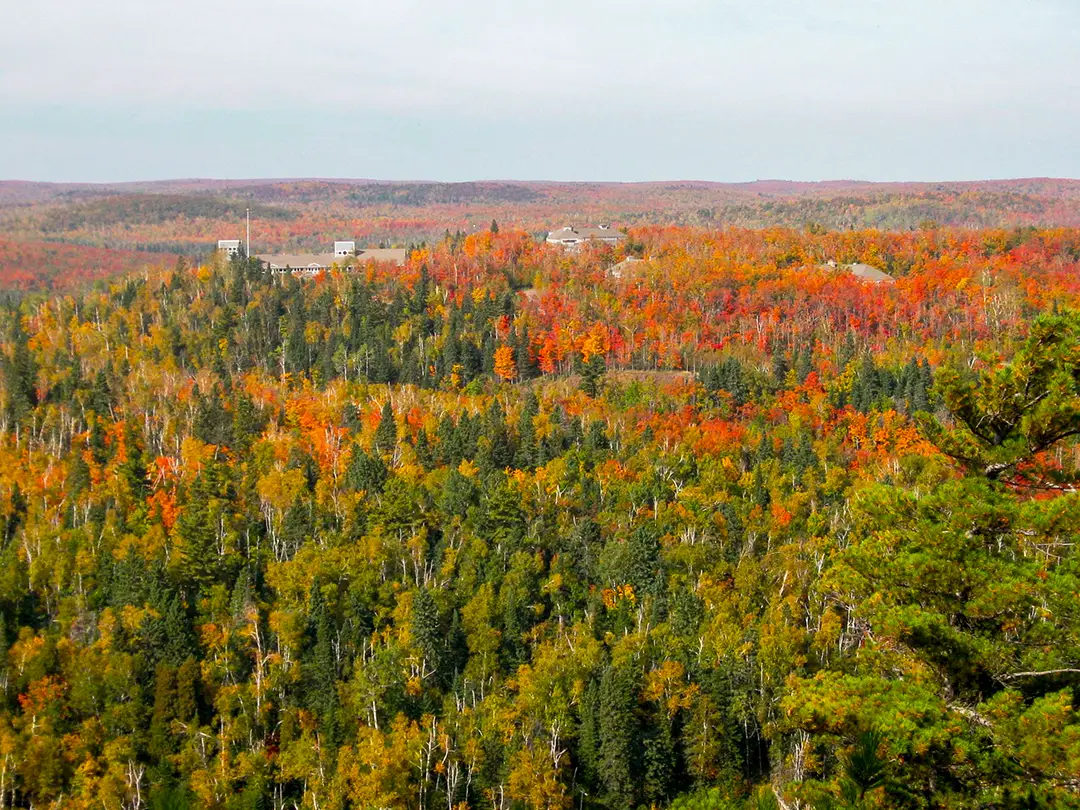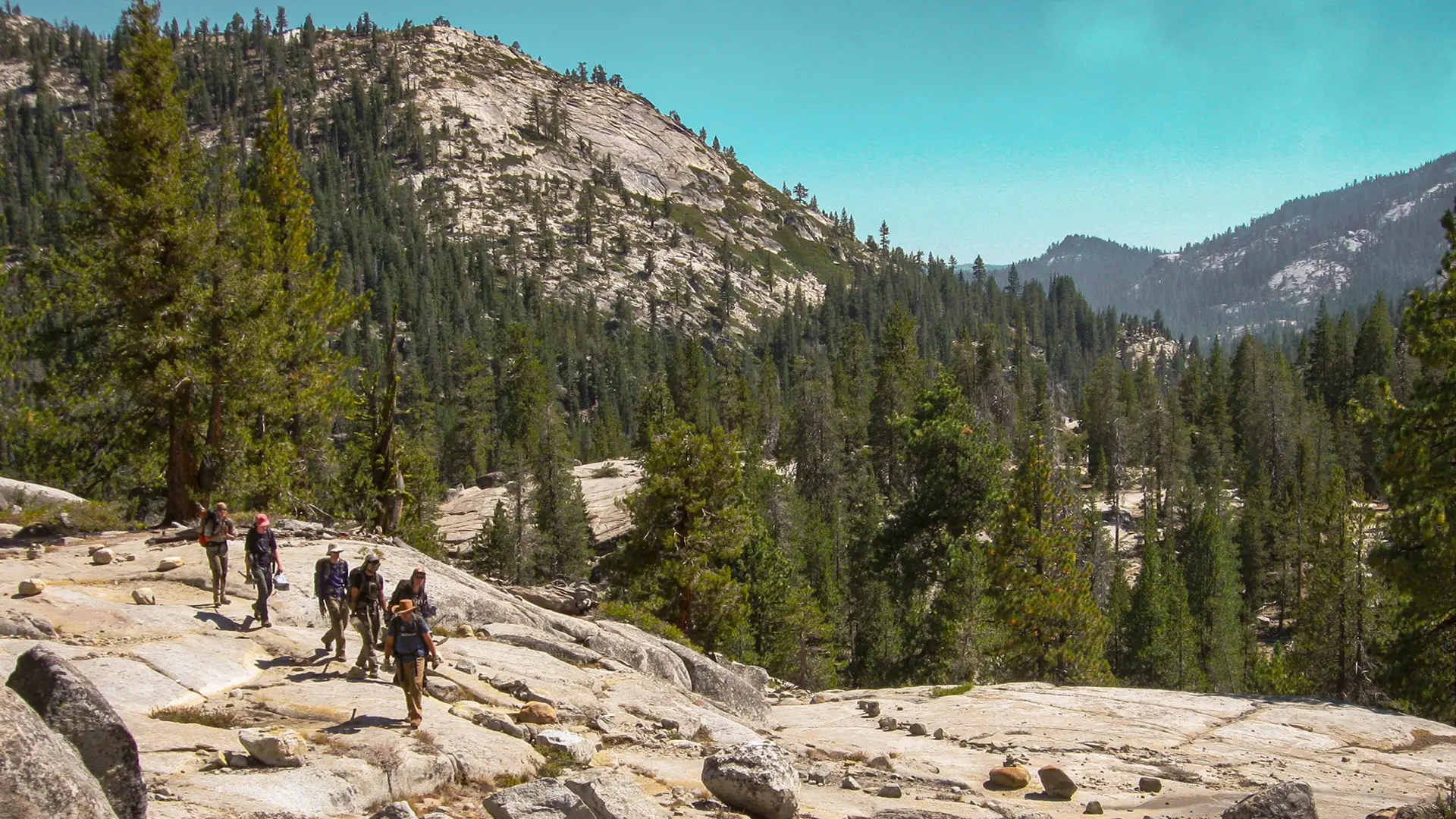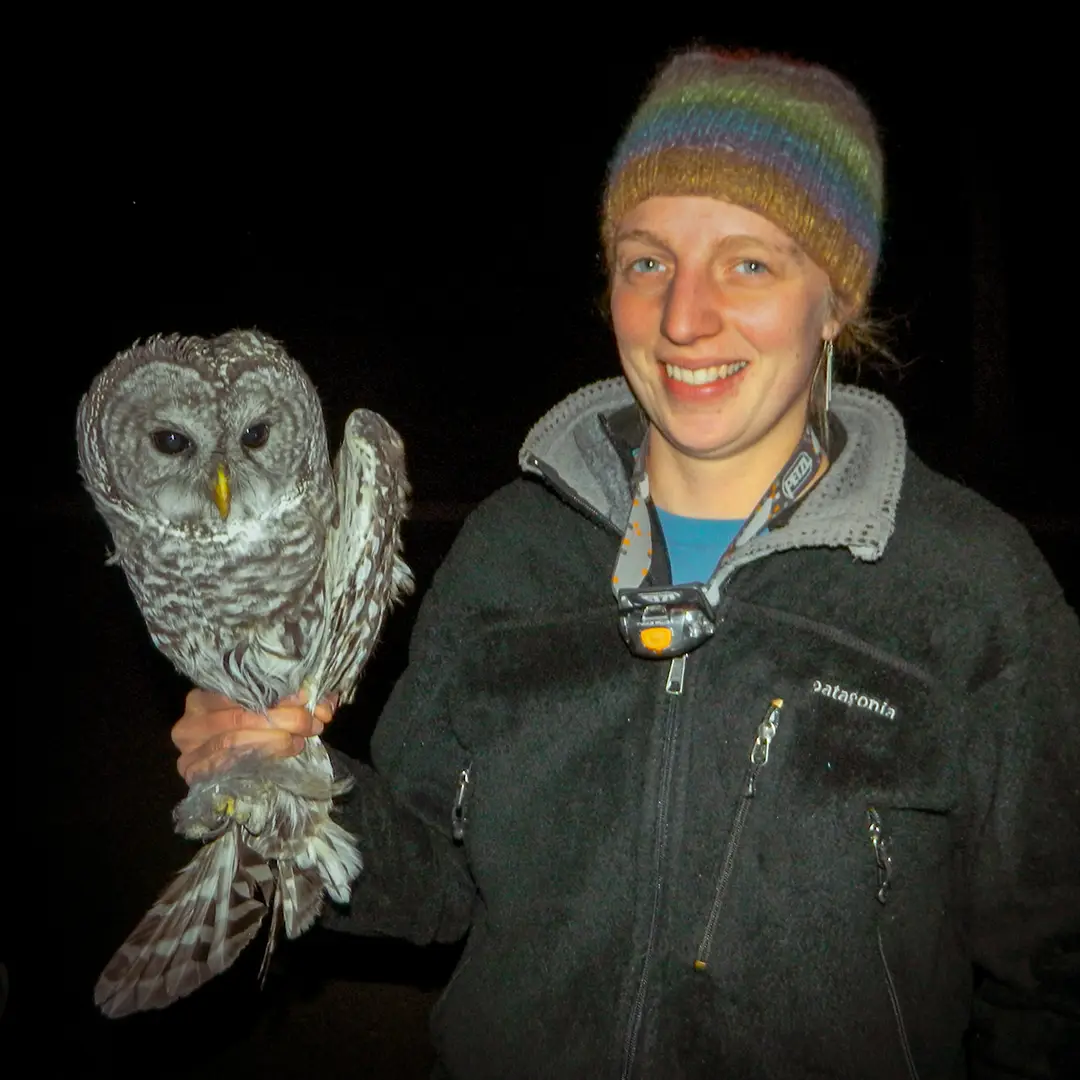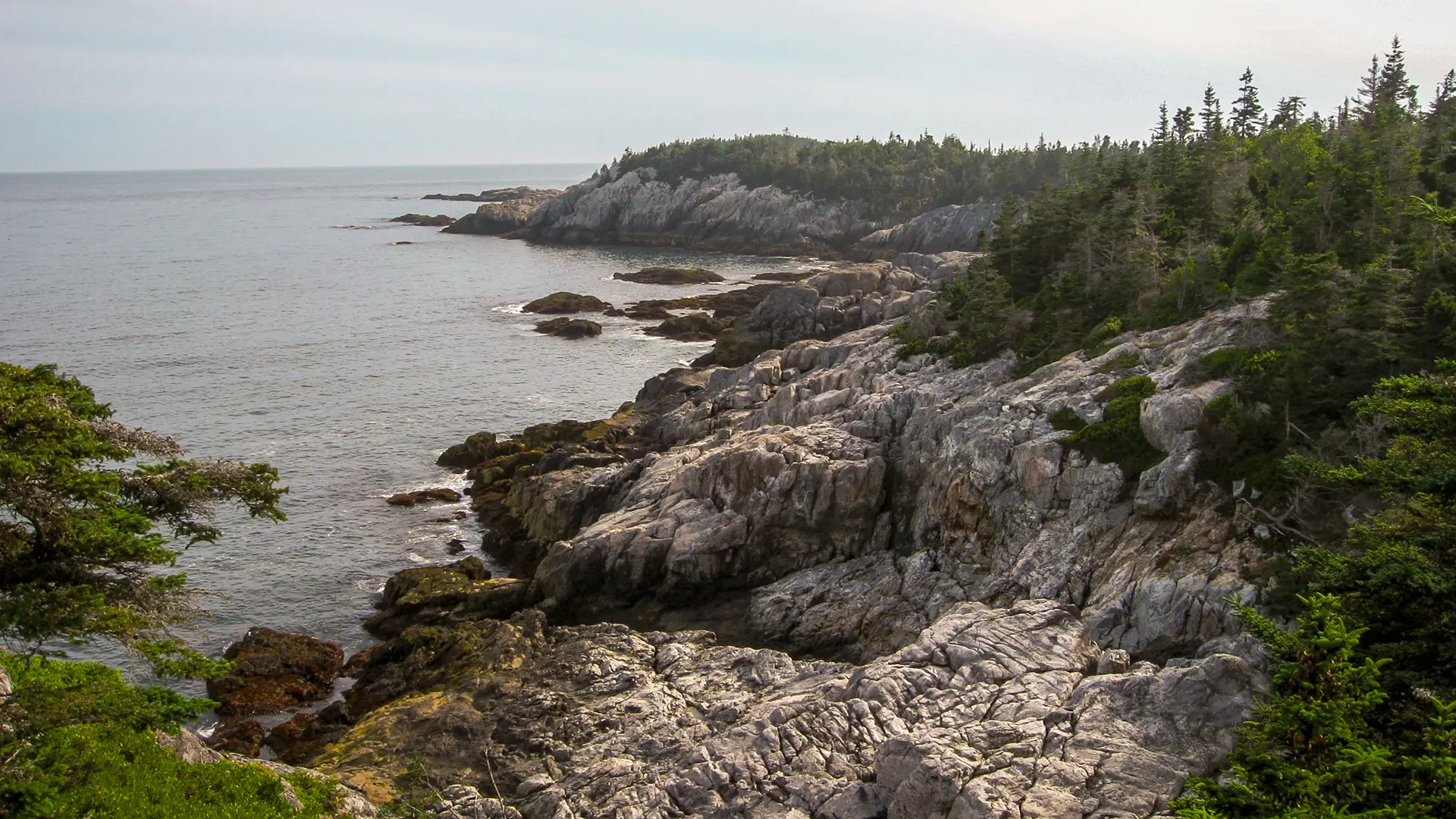Anne Pearce’s great-aunt kept a birding journal. Every day, at the same time, she would sit on the dock at their Northwoods cabin — listening, recording. Upon her passing, those notebooks were left to Pearce. But it wasn’t until much later, when she was working as a naturalist at Wolf Ridge Environmental Learning Center near Minnesota’s Superior National Forest, that Pearce bought herself a pair of binoculars and started keeping her own list. “I think that’s when I officially became a birder,” she reflects. “It’s one of those things … looking back, of course I like birds.”

For Pearce, watching birds has grounded her in each new place she calls home. And because all environments need environmentalists, a lot of places have been home. After wrapping up her undergraduate studies in 2010, Pearce traversed the country — spanning Maine to Alaska — testing the waters of different environmental careers. She picked up seasonally based conservation and environmental education jobs: teaching kids in rural Massachusetts; building trails in national parks; doing conservation field work for state reservations. “It was a great chance to explore different areas, different types of agencies or organizations, and different types of work,” Pearce says. “If you’re in a place where you can explore like that,” she advises today’s students and recent grads, “take that opportunity.”
After four experience-filled years, Pearce returned to the Nelson Institute for a graduate degree. “The water resources management [program], being more of a professional program, felt like a really good fit for me at that time. I had gained a bunch of work experience in the world of conservation and environmental education, and I had a better idea of what … I wanted to get out of a [master’s] degree program,” she says. “Nelson [was] an interdisciplinary space where I could take classes in areas that I wanted to learn more about, but didn’t have the work experience yet.”
“It’s super important for people to have a connection to the natural world, for the sake of our planet and the sake of the creatures that live here and for our own sakes.”
— Anne Pearce
Pearce earned her degree in 2016 and stuck around the UW–Madison campus working with the Department of Agronomy as an invasive species outreach specialist and coordinator of the Wisconsin First Detection Network, as well as seasonally with the Lakeshore Nature Preserve. She still works for the UW today, though slightly off campus — a short bike ride southwest to the UW Arboretum. As its education program manager, she leads the team responsible for creating meaningful programming at the Arboretum, as well as building partnerships with campus and community organizations. She’s hoping to help others to find the same inspiration in the “Arb” as she did. “On our occasional family visits to Madison when I was a kid, we visited the Arboretum,” she recalls. Then as an undergrad, she volunteered there for an honors project. It became a refuge for her, offering a way to connect with nature on an urban campus. During her master’s work, she started leading the Arboretum’s volunteer work parties. “Those are really formative experiences,” she says. “And now, as an employee, if we can help people have positive experiences [and] help them explore what’s possible … that feels like a success.”
Timeline
Growing up in Duluth, Minnesota

Much of Pearce’s childhood was spent outside, including at Hawk Ridge, a 200-plus–acre nature reserve and one of the country’s most significant raptor migration corridors. “That was just part of my life: being outside. But that’s not everybody’s experience,” she says, which is the impetus to her work today. “I think it’s super important for people to have a connection to the natural world, for the sake of our planet and the sake of the creatures that live here and for our own sakes. How do we help facilitate that for folks who didn’t grow up spending most of their time outside, or maybe haven’t experienced positive things outdoors?”
If You Want to Be a Badger
Pearce came to college in 2006 with narrow understanding of the sciences: “I understood it from the perspective of a high schooler: doing lab-based stuff.” But after signing up for an environmental studies class and learning about more natural science and field-based options, she found her home in the Nelson Institute, ultimately earning an environmental studies certificate alongside her degrees in soil science and biology from the College of Agricultural and Life Sciences.

Cross-Country Conservation
Pearce knew that a graduate degree was in the cards, but she didn’t know what she wanted it to look like. Using a gig economy to her advantage, Pearce took seasonal, environmentally related jobs across the country to build out her portfolio of experience. She didn’t realize it then, but she was also creating a network of connections that are with her today. “Every place I went to had community built in,” she remembers whether by working on crews or living on-site. “It gave me the chance to live with people who have different life experiences than I do, [which] helped me build a really incredible network of friends.”

Wisconsin Welcome (Back)
After four years of hands-on work, Pearce found a way to keep her boots on the ground while also earning a master’s: the Nelson Institute’s water resources management program. “The chance to work on an applied project was a huge draw,” she says, referring to the program’s unique cohort-based practicum experience. “I didn’t really see myself sticking around in academia in the research context, necessarily. I definitely felt like I was going to be more of an on-the-ground practitioner.”
On Volunteering
While working full time as the agronomy department’s invasive species outreach specialist — which included coordinating the statewide citizen-science network for invasive species monitoring — Pearce filled her free time with volunteering. She led restoration work parties at the Arboretum, led outings through the Natural Resources Foundation of Wisconsin, and even still serves on Friends of the Lakeshore Nature Preserve’s board.
Today
Her role as the UW Arboretum’s education program manager is the perfect convergence of her passions for conservation, education, and community. “The way I see our work, at its core, is using experiential learning to [help people] build skills and use tools to understand the world around them better,” she says. “And that looks a little bit different, depending on where you are, because environmental education really leans into understanding the specific place you’re at and building on the interests of the people around you.”



